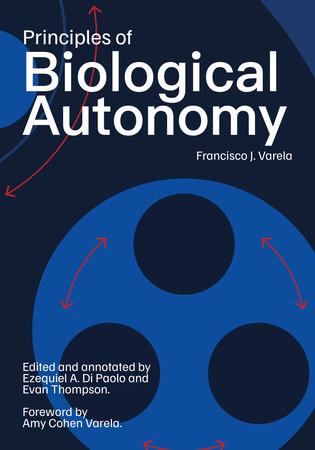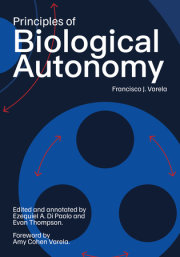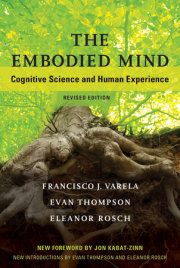Foreword
Introduction to the New Edition. A Message from the Margins
Preface. Information and Control Revisited
Part I. Autonomy of the Living and Organizational Closure
1. Autonomy and Biological Thinking
2. Autopoiesis and the Organization of Living Systems
3. A Tessellation Example of Autopoiesis
4. Embodiments of Autopoiesis
5. The Individual in Development and Evolution
6. On the Consequences of Autopoiesis
7. The Idea of Organizational Closure
Part II. Descriptions, Distinctions, and Circularities
8. Operational Explanations and the Dispensability of Information
9. Symbolic Explanations
10. The Framework of Complementarities
11. Calculating Distinctions
12. Closure and Dynamics of Form
13. Eigenbehavior
Part III. Cognitive Processes
14. The Immune Network: Self and Nonsense in the Molecular Domain
15. The Nervous System as a Closed Network
16. Epistemology Naturalized
Appendices
Appendix A Algorithm for a Tesselation Example of Autopoiesis
Appendix B Some Remarks on Reflexive Domains and Logic
Bibliography









